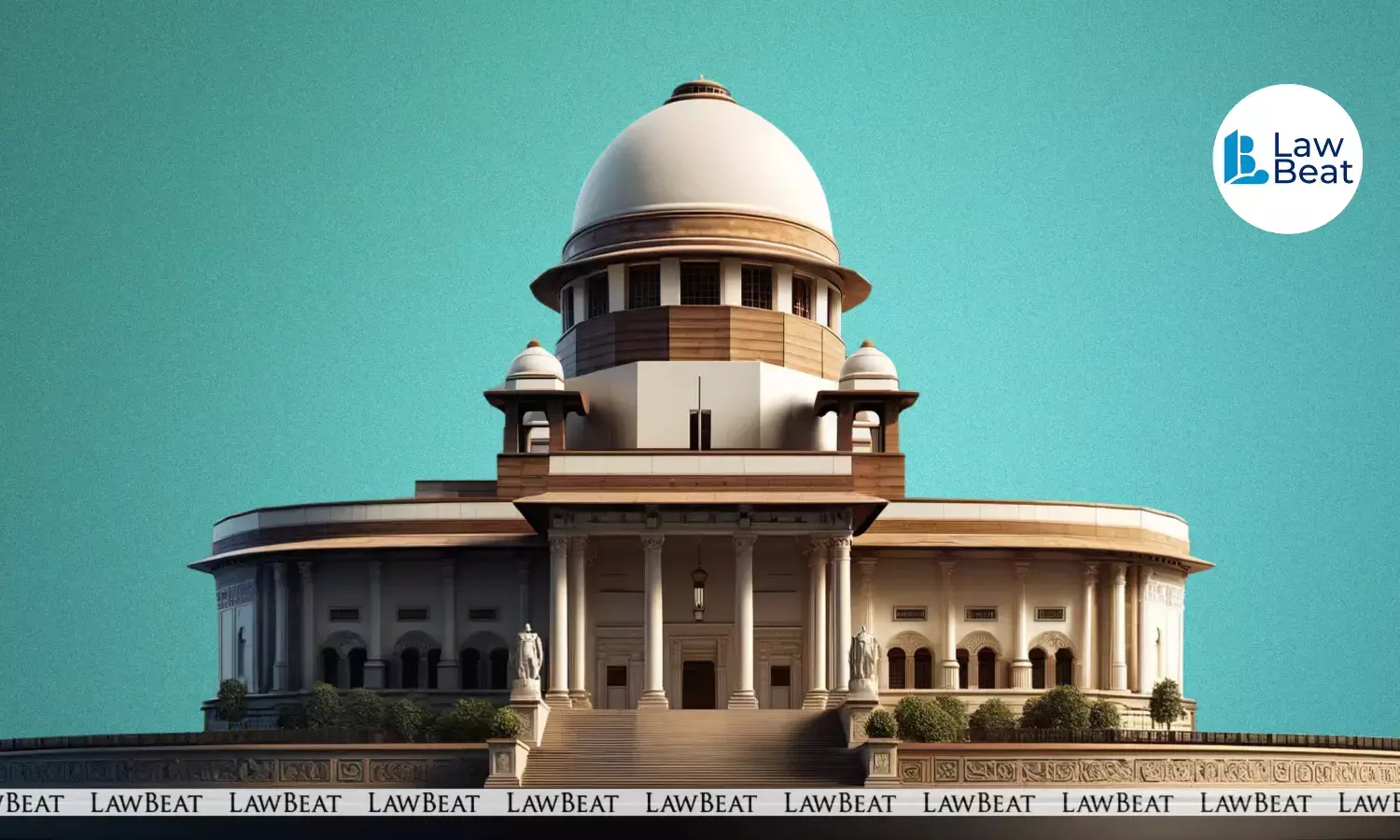‘Termination After 8 Years Can’t Be Justified’: Supreme Court on Sacking of UP Judiciary Staff

CJI had earlier said that courts have no pleasure in penalizing lawyers for acting in a manner which will require interference of court.
The Supreme Court, in an order dated October 17, 2025, has held the termination of four Class IV employees of the district judiciary in Uttar Pradesh as unjustified, coming to their rescue after they were removed from service eight years after their appointment. The legal issue arose from the sacking of the four employees in 2008 on the grounds that their appointments were made in excess of notified vacancies.
A bench of Chief Justice of India B R Gavai and Justice K Vinod Chandran noted that appellants Sanjay Kumar Mishra and others were appointed in terms of the advertisement, which specifically indicated that there could be an increase or decrease of vacancies. The advertisement had indicated 12 posts as on the date of its issuance. The bench observed, "The said recital in the advertisement would clearly indicate that the Appointing Authority intended that a wait list be maintained so as to fill up the vacancies arising in excess of those notified, which was permissible as per the rules."
Court noted that after the initial advertisement in 2000, the next advertisement for vacancies was only in 2008 and then in 2015. The bench stated that vacancies definitely arose within the said period, which is why the appellants were appointed on various dates subsequent to the appointment against the 12 vacancies advertised.
Court was informed that while there were only 12 posts advertised on October 18, 2000, subsequent advertisements were issued on June 06, 2008 and later on September 14, 2015, notifying 29 and 2 vacancies respectively. "So obviously 29 vacancies were between 2000 and 2008, when the appellants were working in the judgeship," the bench said.
The appellants' counsel submitted that while the vacancies advertised were 12, there was a rider that the number could increase or decrease. He relied on Naseem Ahmad and Others v. State of Uttar Pradesh and Another (2011), where Rule 12 was interpreted as permitting appointment to the vacancies arising in excess of those advertised, provided it was done within a reasonable period, by utilizing the wait list prepared for Class IV posts. The court in that case found that appointments could be made in excess of vacancies that were advertised, if such vacancies arose in the same recruitment year or the immediately succeeding year. Agreeing to this submission, the bench held that the situation here is almost identical, and therefore Rule 12 is squarely applicable.
The appellants were appointed on February 12, 2001 and July 03, 2001, and two of them, appellants 1 and 2, were even granted temporary promotions in the Ministerial Cadre. The termination was effected later, after 8 years, on the ground of appointments having been made in excess of vacancies, the court noted.
Thus, the bench held, "We cannot but find the termination to be unjustified." The court stated that both the division and single judge bench of the Allahabad high court erred in not considering the plea advanced by the appellants. However, the court also noted that the appellants have been out of employment for almost 17 years. Furthermore, two of the appellants have already passed the age of 60, while the others have little more time remaining until superannuation.
Reckoning the fact that all the appellants had worked for eight years, the court directed that those appellants who have not yet completed the age of superannuation should be accommodated in the existing vacancies of Class IV in the district judgeship of Ambedkar Nagar. The bench clarified that if there are no existing vacancies, they should be appointed in a supernumerary post, which would be adjusted against future vacancies or would cease on their retirement, whichever occurred earlier.
The bench said, "The appellants who are appointed shall be continued without any seniority but reckoning the period already spent in service also for determining pensionable service and in any event shall be granted pension at the minimum". Court, however, made it clear that the appellants would not be entitled to treat the intervening period of 17 years in which they have not worked, for any purpose, neither as notional service nor even for computing pensionable service.
Case Title: Sanjay Kumar Mishra & Ors Vs District Judge, Ambedkar Nagar (U.P.)
Judgment Date: October 17, 2025
Bench: Chief Justice of India B R Gavai and Justice K Vinod Chandran
